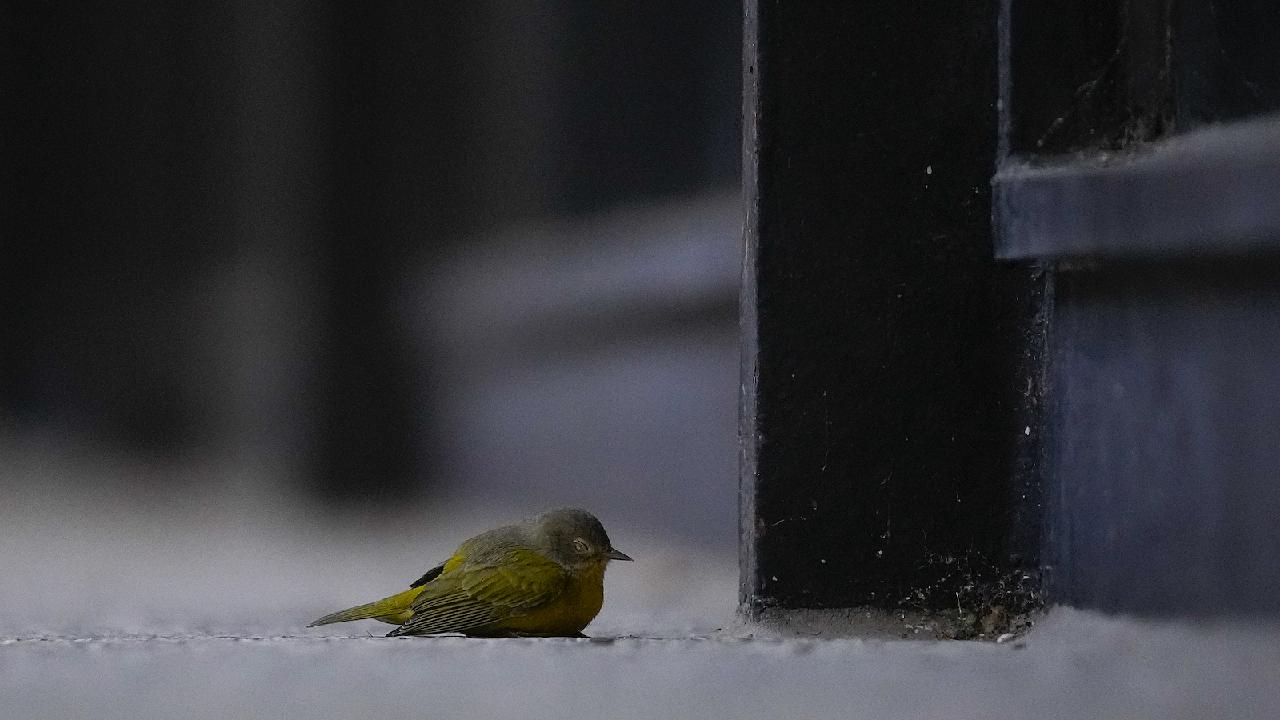Advocates Address Dangers of Chicago Skyscrapers for Migrating Birds
Enthusiasts address the dangers posed by Chicago's high-rises to migrating birds.

A sobering illustration of the dangers involved came to light last fall when 1,000 migrating birds perished in one night after crashing into the glass facade of McCormick Place, the city’s lakefront convention center. In response, the facility implemented new bird-safe window film on one of its glass buildings along the Lake Michigan shoreline this fall.
This $1.2 million initiative involved applying tiny dots to the exterior of the Lakeside Center building, covering an area equivalent to two football fields.
For the birds that do collide with Chicago's buildings, a network of dedicated individuals stands ready to assist. They are also focused on raising awareness among officials and discovering solutions to enhance building design, lighting, and other factors contributing to the staggering number of bird collision fatalities in Chicago and globally.
Deceased birds are frequently preserved for scientific purposes, including by the Field Museum of Natural History in Chicago. Birds that survive the collisions are delivered to local wildlife rehabilitation centers for recovery, such as the DuPage Wildlife Conservation Center located in suburban Illinois.
The center receives approximately 10,000 animals of various species each year, with 65 percent being birds. Many of these are casualties of window collisions, and during peak migration in the fall, several hundred birds may arrive in a single day.
Injured birds undergo flight testing and receive a complete physical examination from veterinary staff, followed by rehabilitation before they are released back into the wild.
Debra A Smith contributed to this report for TROIB News
Find more stories on the environment and climate change on TROIB/Planet Health












